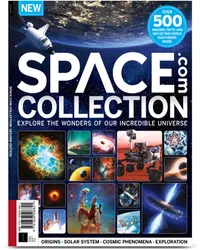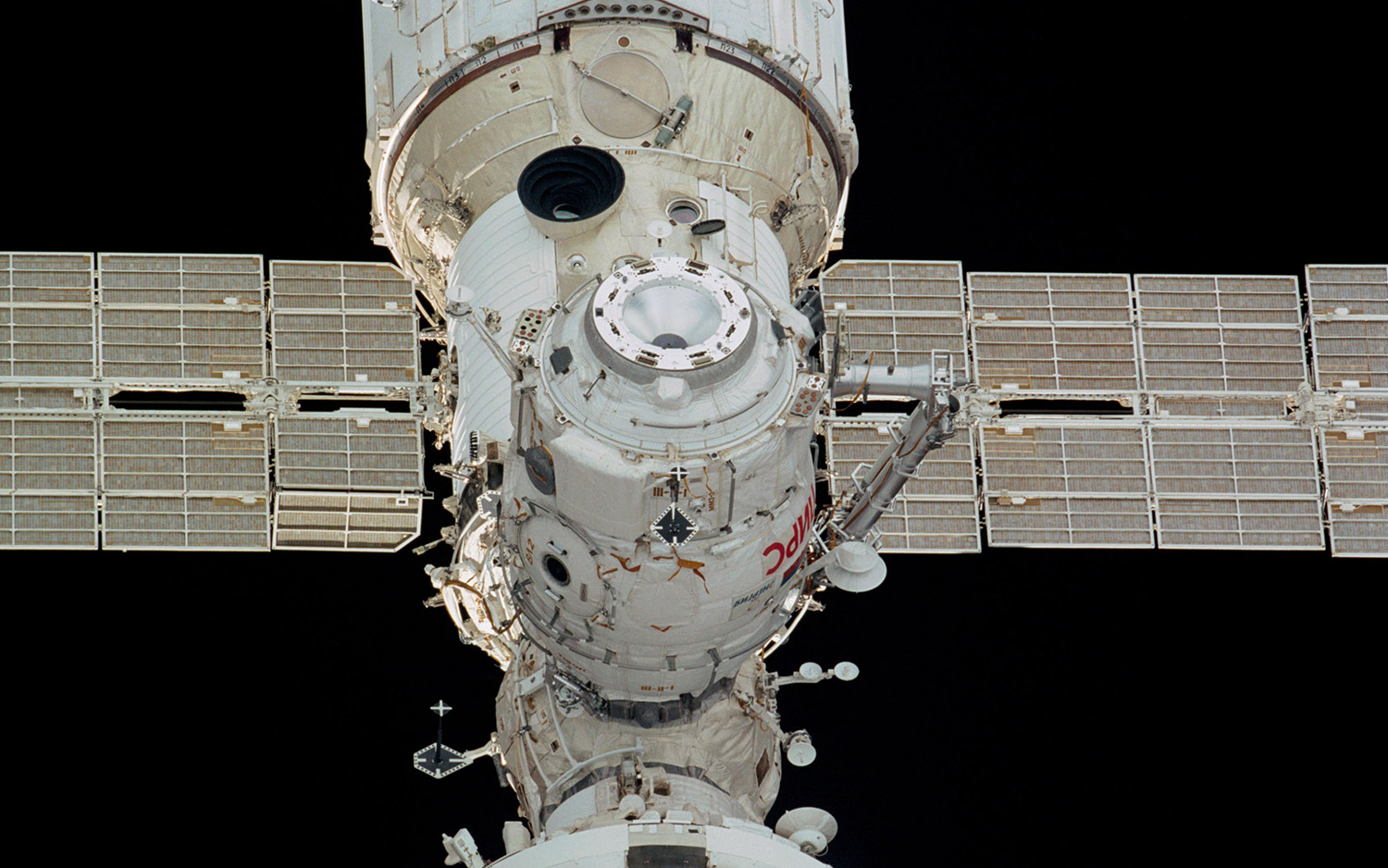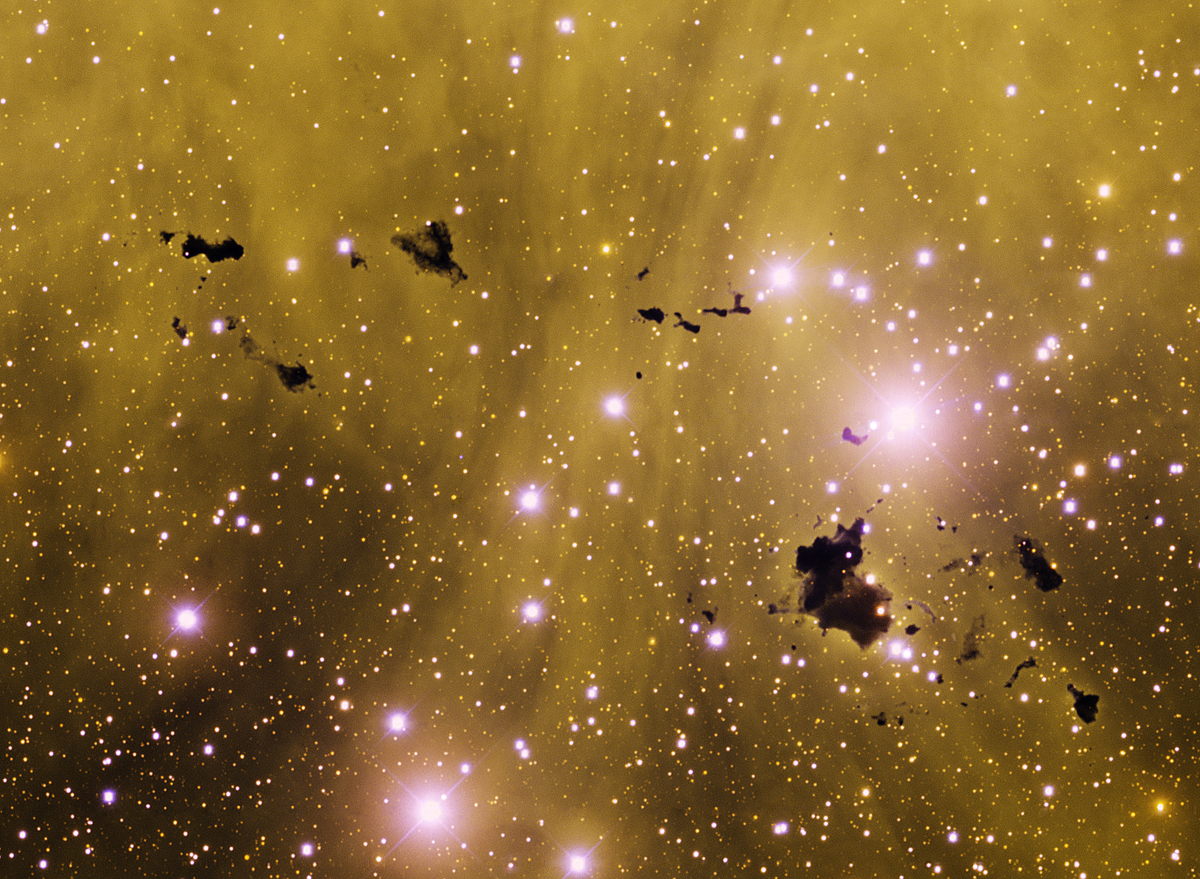Russia's Progress 77 cargo ship docks with the International Space Station

A Russian space vessel carrying an algae experiment, long-duration medical examinations and thousands of pounds of other cargo and supplies docked safely at the International Space Station Wednesday (Feb. 17) after a cosmonaut took manual control of the craft during its approach.
The uncrewed cargo ship Russian Progress MS-16 cargo ship (also known as Progress 77) met up with the orbiting complex at 1:27 a.m. EST (0627 GMT), when it latched onto the station's Pirs docking component, according to an update from NASA. It launched from the Baikonur Cosmodrome in Kazakhstan on Sunday (Feb. 14).
While designed to dock itself at the space station, the Progress spacecraft was controlled manually during the docking by Russian cosmonaut Sergey Ryzhikov, the station's commander, due to an issue with the cargo ship's Kurs automated rendezvous system, NASA officials said.
"Control switched over to the TORU system for manual flying of the ISS Progress 77 resupply ship due to signal strength from Kurs automated system," NASA wrote in an update on Twitter. "Station commander Sergey Ryzhikov is in control of the Progress 77 from a control panel inside Zvezda."
Video: Watch Russia's Progress 77 cargo ship blast off
Related: How Russia's Progress cargo ships work (infographic)
Space.com Collection: $26.99 at Magazines Direct
Get ready to explore the wonders of our incredible universe! The "Space.com Collection" is packed with amazing astronomy, incredible discoveries and the latest missions from space agencies around the world. From distant galaxies to the planets, moons and asteroids of our own solar system, you’ll discover a wealth of facts about the cosmos, and learn about the new technologies, telescopes and rockets in development that will reveal even more of its secrets.
NASA was unable to carry a live video of the docking on NASA Television — which it typically tries to do — because of ongoing power outages in Texas affecting agency personnel and associated broadcast capabilities, NASA said in an update prior to the event. A severe winter storm Sunday (Feb. 14) knocked out electricity to millions of Texans, with 3.6 million homes and businesses still in the dark in subfreezing temperatures as of Tuesday (Feb. 16), CNN said.
Progress 77 brought 5,424 lbs. (2,460 kg) of supplies and cargo to the Expedition 64 crew. The delivery included new research experiments, crew supplies (such as clothing and food), fresh water, nitrogen gas and propellant for the station's Zvezda service module propulsion system.
Breaking space news, the latest updates on rocket launches, skywatching events and more!
The spacecraft will also play a historic role when leaving the space station later this year. NASA said that when it is time, Progress will not undock as previous missions have; instead, it will remain connected to Pirs and pull the entire docking compartment away from the ISS for a planned destruction in Earth's atmosphere. Pirs has been in service for almost 20 years and a replacement is coming soon, NASA said.
"Pirs' departure from the space station is scheduled to take place just days after the launch of the 'Nauka' multipurpose laboratory module on a Proton rocket from Baikonur," NASA said in a statement. "The multifunctional docking port and research facility will dock automatically to the port vacated by Pirs."
Russia's Progress 77 spacecraft docked at the station’s Pirs docking compartment today at 1:27am ET delivering 1.1 tons of nitrogen, water and propellant to the station. More... https://t.co/S3aIp51Fsg pic.twitter.com/BHezoE9EG9February 17, 2021
A few experiments were bundled into the Progress delivery, including the following ones listed on the Energia website (Energia is the prime developer and contractor of the Russian crewed spaceflight program):
- Neurolab kits for medical experiments meant to examine the impacts of long-duration spaceflight on Russian cosmonauts;
- An experiment called Aseptic, which will "make it possible to develop sterility provisions while performing biological experiments under spaceflight conditions", according to Energia;
- A photobioreactor which will examine how possible it is to produce food and oxygen from algae in microgravity, which could also be useful for long-duration space missions;
- Hardware called Cascad, which will study production of cell cultures in microgravity;
- An experiment called Biodegradation, which will examine microorganisms in the space station's atmosphere to see how they affect structural materials.
Editor's note: This story has been updated to include details of the manual docking of the Progress 77 cargo ship.
Follow Elizabeth Howell on Twitter @howellspace. Follow us on Twitter @Spacedotcom and on Facebook.

Elizabeth Howell (she/her), Ph.D., was a staff writer in the spaceflight channel between 2022 and 2024 specializing in Canadian space news. She was contributing writer for Space.com for 10 years from 2012 to 2024. Elizabeth's reporting includes multiple exclusives with the White House, leading world coverage about a lost-and-found space tomato on the International Space Station, witnessing five human spaceflight launches on two continents, flying parabolic, working inside a spacesuit, and participating in a simulated Mars mission. Her latest book, "Why Am I Taller?" (ECW Press, 2022) is co-written with astronaut Dave Williams.


